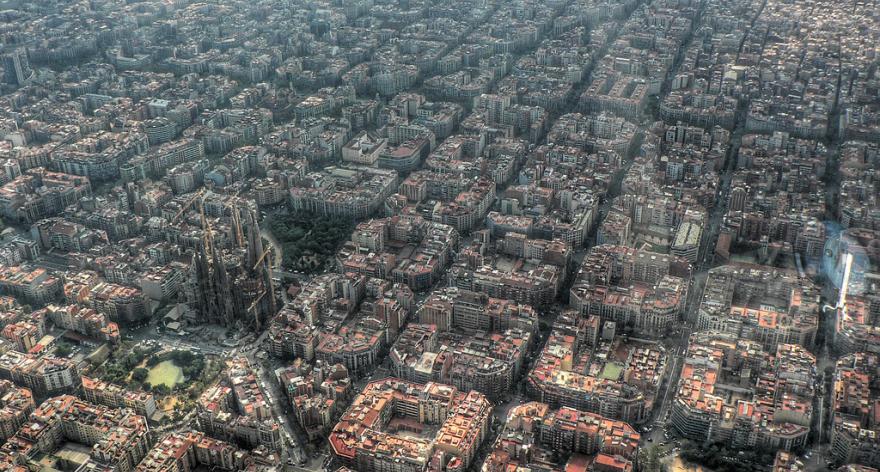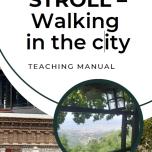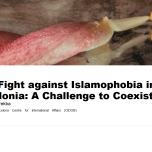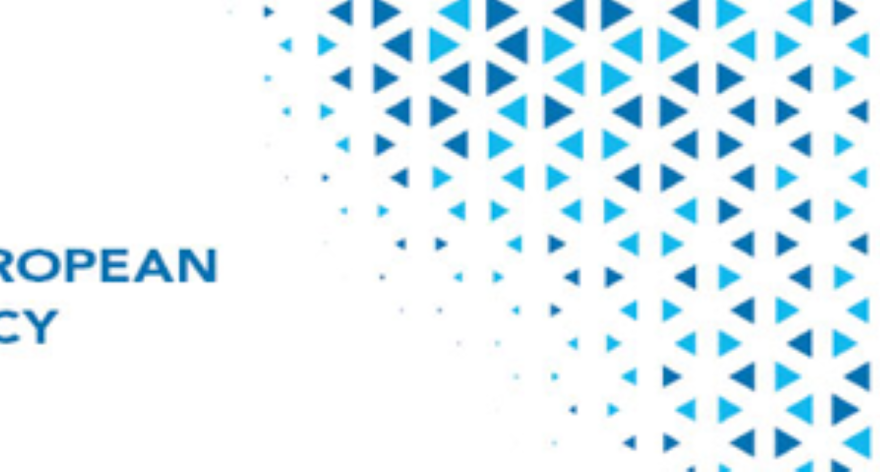Training and Heritage: International Workshops for intercultural dialogue.
The architectural heritage restoration works involve the collaboration of local masters with wide experience in traditional construction; of young local apprentices, who learn their craft from them; and of participants coming from all over the world to learn from them. Local materials and construction techniques are used and promoted. This allows a small budget to be invested in the purchase of building materials and to allocate a larger proportion of the budget to qualified artisanal labour, what not only favours local development, but also contributes to preserving local crafts.
The works to be carried out reinforce and valorize the cultural identity of both the local population and the international participants from multiple aspects, all of them living and working together during their development. Through these workshops participants from different nationalities and the local community coexist, work together, share their knowledge, experiences, views... Collaborating and sharing experiences with people from other backgrounds and cultures is the best scenario to eliminate prejudice and promote a culture of peace and mutual understanding, a precious goal at a time when it is so necessary to create new channels of cooperation and exchange between cultures.
The working model makes local populations sensitive to the relevance of protecting their traditional knowledge, their architectural and landscape heritage and highlights some of the development opportunities the preservation of this richness entails.
Results:
15 historic buildings have been restored within the framework of the aforementioned programs, mostly fortified gates of its walled towns and their surrounding spaces, as well as some of their mosques and main public spaces.
• More than 400 people from over 25 different nationalities have, to date, participated in the traditional architecture and construction programs of Terrachidia in M’hamid.
• More than 50 construction masters have been hired as trainers for our workshops, participating in the restoration works carried out. With them, they have had the opportunity to train a similar number of young apprentices in the work itself, also hired for this purpose.
• More than 400 local families have benefited from the project. Much of Terrachidia's resources have been invested in them (around 70%). Of these, over 100 families have increased their income thanks directly to having hired some of their family members for the project.
• Two women's cooperatives dedicated to local crafts have been created in the same Oasis, one of which has opened a shop to sell their products after undergoing a training program with international participants in the context of Terrachidia’s workshops.
Heritage and development projects:
The intervention model is always made with the involvement of local community, including decisions such as the works to be undertaken, the solutions to be implemented and the team to develop them, selecting always the most experienced local masters who participate in both training and restoration works and the young apprentices to be learning and collaborating with them. Before implementing its works, Terrachidia carries out a study of the community where the element to be restored is located, meeting with its representatives and main associations and reaching a previous consensus on the mentioned aspects. In addition, a preliminary work of documentation, survey, analysis and inventory of the existing heritage is always undertaken.
Main projects:
• Project Management of the restoration works in the historic libraries in Chinguetti, Mauritania, listed as World Heritage Site by UNESCO.
• Technical Project of the water supply and sewage network for the Ouled Youssef ksar, Morocco.
• Project Management of the construction of the water supply and sewage network for the Mhamid el Ghizlane ksar, Morocco
• Consultancy for the enhancement of the traditional architectural heritage of the Oasis of Siwa, Egypt.
Dissemination
The dissemination of heritage preservation values is an important point of terrachidia´s work. Many of us we work and collaborate as university teachers and support international courses and participate in many conferences or seminaries.
Several exhibitions have been held on the same in Spain, Morocco and the United Kingdom and a website has been developed to promote its heritage preservation.
Also Terrachidia has published many books
• Ouled Youssef, an old ksar in the m´hamid Oasis. Coedition: Terrachidia - University of Liverpool. 2021
• "Landscape and Cultural Heritage Guide of Chinguetti: Chinguetti, el legado del desierto". Coedition: Terrachidia - AECID (Spanish AID). 2019
• Landscape and Cultural Heritage Guide of Mhamid Oasis. The last oasis of the Draa River. link: http://www.mhamid-oasis.com 2016




